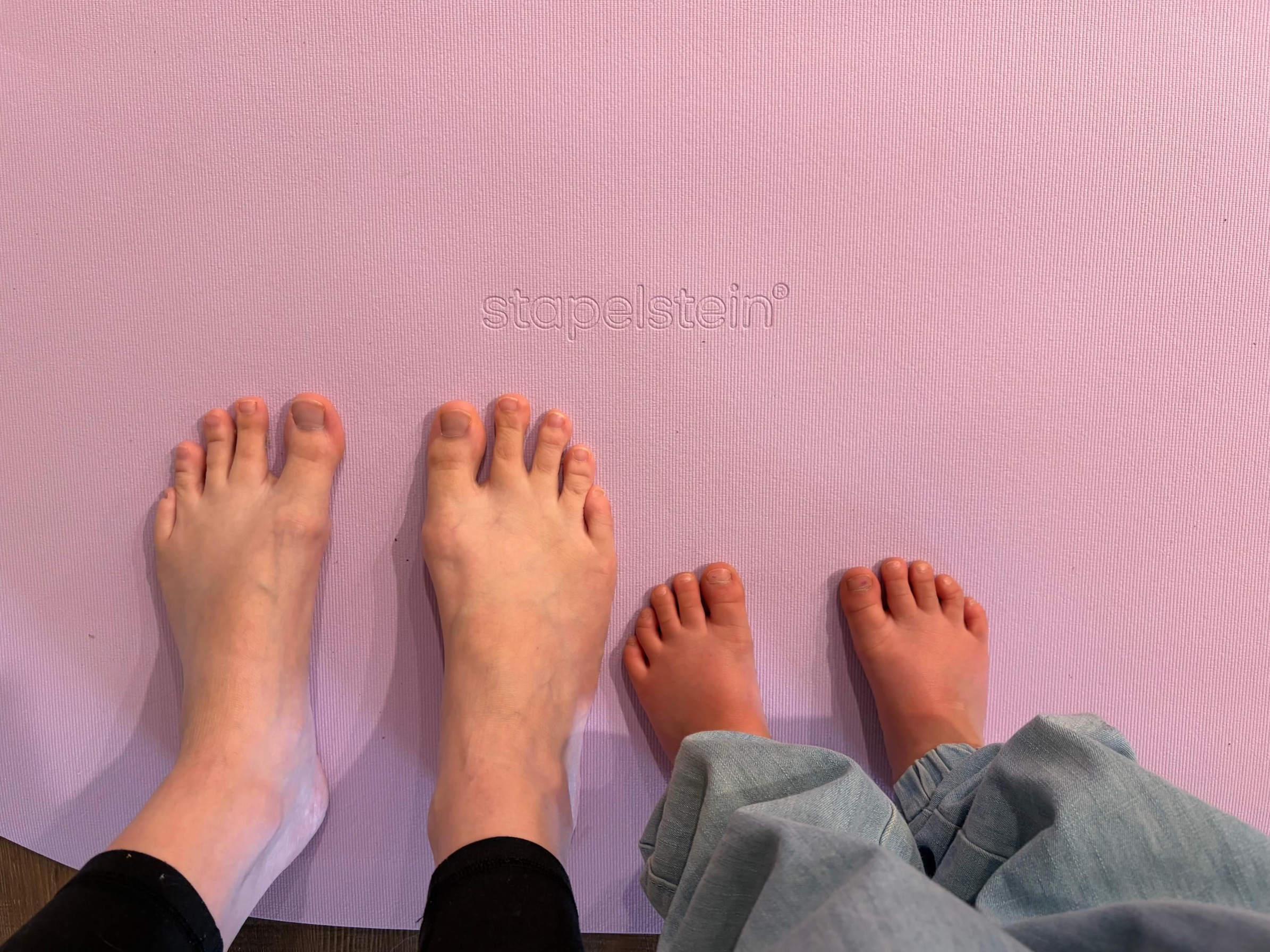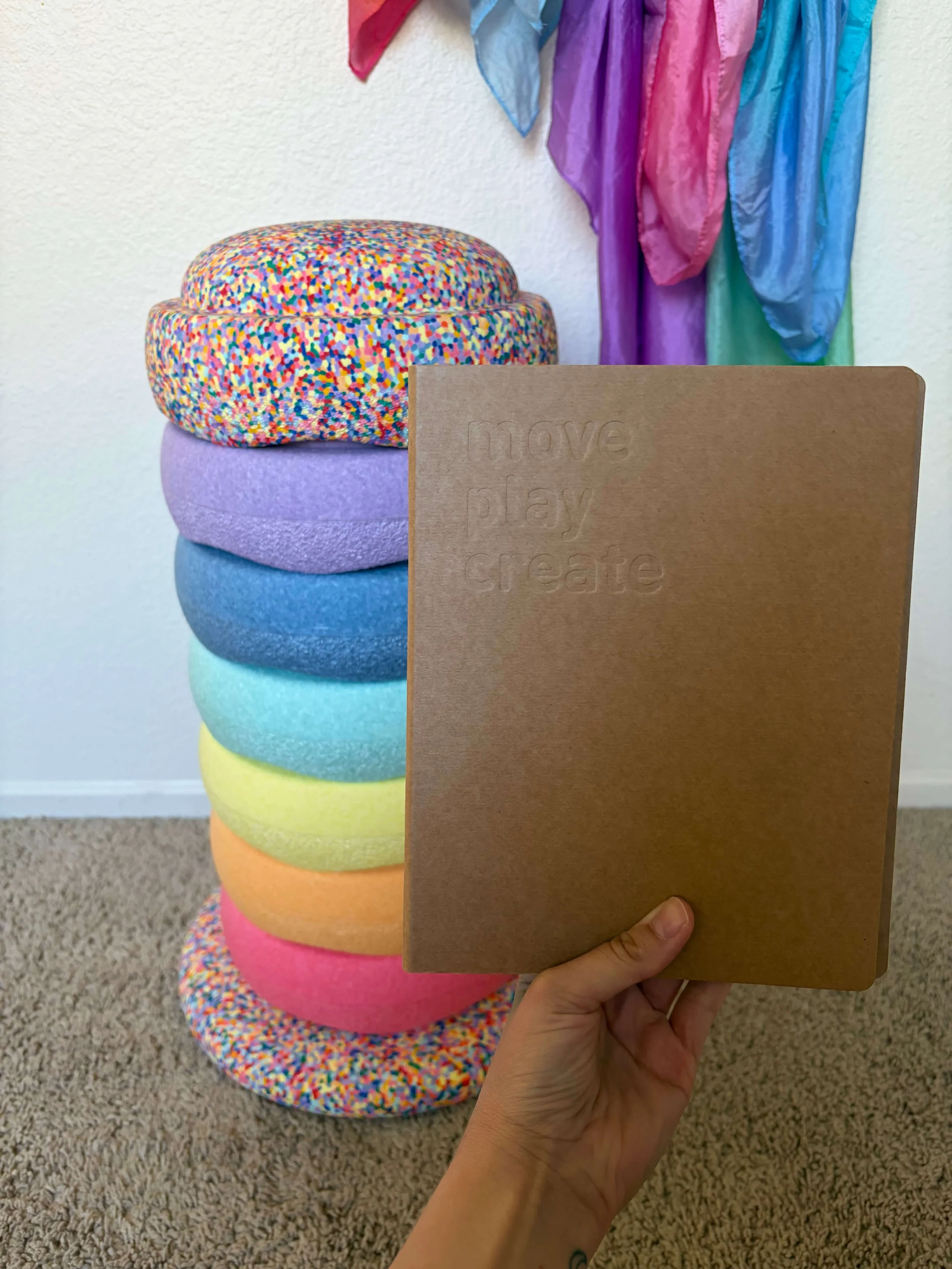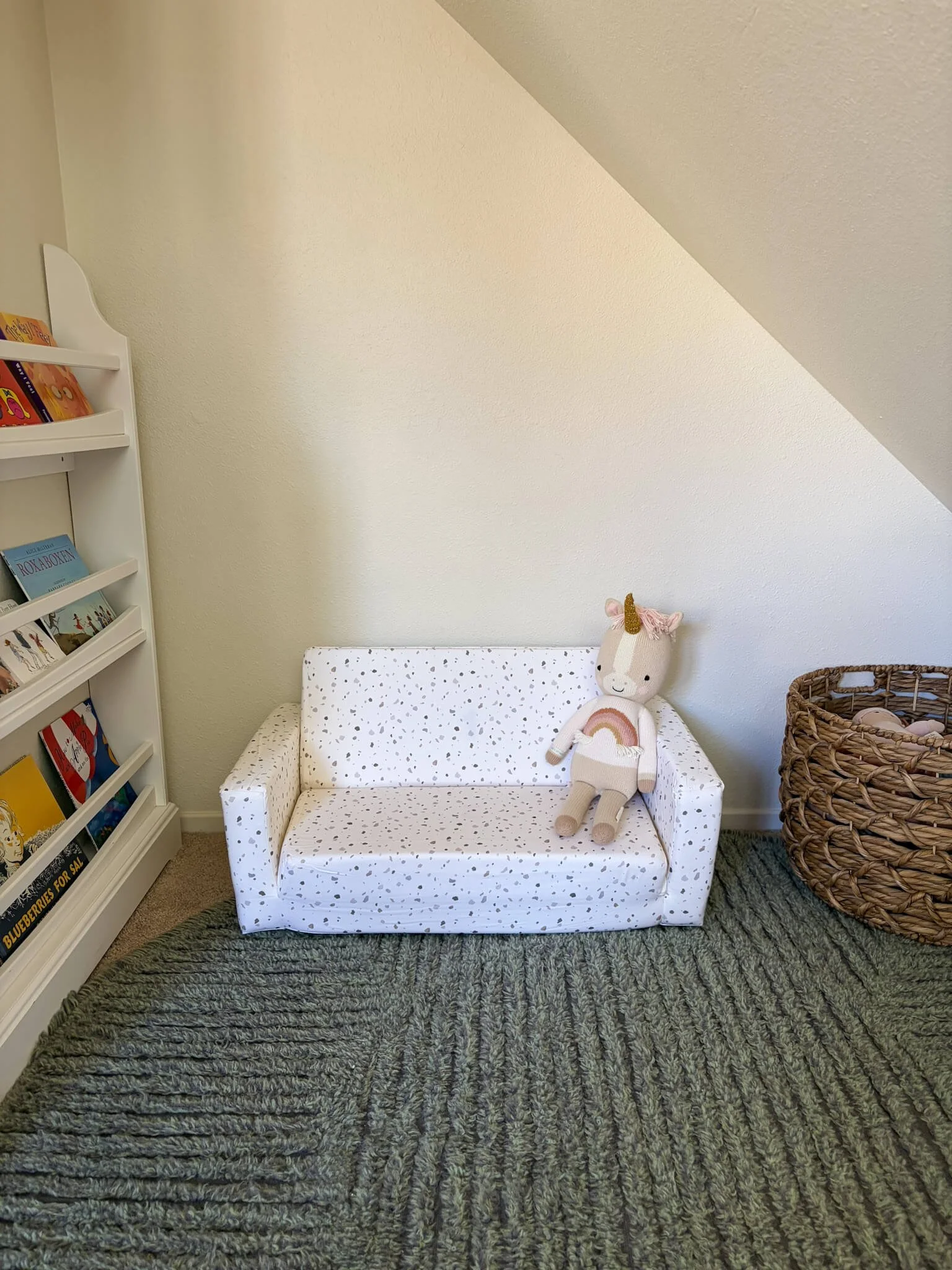The Benefits of Breastfeeding a Toddler (& Beyond)
When most people think of breastfeeding, they picture a newborn curled up in mama’s arms. But what happens when your baby grows into a toddler, and you’re still nursing? Extended breastfeeding—continuing to nurse past the first year—is more common than you might think. Around the world, breastfeeding well into the second year (and sometimes beyond) is considered completely normal and healthy.
In fact, both the World Health Organization (WHO) and the American Academy of Pediatrics (AAP) recommend continued breastfeeding for at least two years of age and beyond, as long as mother and child desire. So if you’ve been wondering whether to continue, the science is clear: breastfeeding a toddler offers real health benefits, emotional connection, and even practical perks for busy families.
Let’s dive into the many positive effects of breastfeeding a toddler, what the research says, and how to make it work in everyday life.
Why Breastfeeding Beyond Infancy Is Normal
Culturally, breastfeeding often gets framed as something meant only for infants, with weaning expected around the baby’s first birthday. But if we zoom out globally, that’s not the case at all. The World Health Organization recommends exclusive breastfeeding for the first six months, followed by continued breastfeeding alongside complementary foods for two years or longer. Read about it on World Health Organization here!
Human milk doesn’t suddenly lose its value once a baby turns one. Instead, breast milk continues to adapt to your child’s nutritional needs, providing essential vitamins, minerals, immune factors, and fatty acids that support growth and child development well into the toddler years.
Health Benefits for Toddlers
Continued Nutrition
Breast milk remains a powerhouse of good nutrition beyond the first year. According to the WHO, breast milk continues to provide a significant portion of a toddler’s daily energy, protein, and micronutrient needs. For picky eaters—something many parents struggle with in the toddler stage (I'm raising my hand over here!)—nursing ensures your child is still receiving essential nutrients while exploring new foods.
Immune Support
Even toddlers benefit from breast milk’s unique immune factors. Antibodies and bioactive compounds in milk help protect against common childhood illnesses like colds, ear infections, and stomach bugs. Extended breastfeeding is associated with fewer infections and better overall child health outcomes.
Healthy Weight
Research also shows that toddlers who breastfeed are more likely to maintain a healthy weight. Breastfeeding beyond infancy was linked to a reduced risk of childhood obesity.
Benefits for Moms
Extended breastfeeding isn’t just good for kids—it benefits mothers too. According to the American Academy of Pediatrics, women who breastfeed longer have lower risks of breast cancer, ovarian cancer, type 2 diabetes, and high blood pressure.
Nursing a toddler can also make parenting easier. Breastfeeding can be a reliable way to calm tantrums, encourage quiet time, or ease transitions like travel or illness. Many moms describe it as their “code word” for comfort—something that works in different ways when nothing else does.
Meeting the Nutritional Needs of Toddlers
Some people wonder if breast milk still “counts” nutritionally after age one. The answer is a resounding yes.
By the second year, just 448 mL of breast milk provides:
29% of a child’s energy needs
43% of their protein needs
36% of their calcium needs
75% of their vitamin A needs
76% of their folate needs
This is especially helpful for picky eaters, children going through growth spurts, or families who don’t always have access to diverse food options.
Source: Thinking about Nursing Your Toddler? on La Leche League USA
Positive Effects on Child Development
Breastfeeding beyond infancy supports more than just physical health—it has cognitive and emotional benefits too. Studies show that toddlers who continue to nurse may have higher IQ scores later in life, thanks in part to the brain-boosting fatty acids in breast milk.
The nursing relationship also fosters a secure attachment, giving children a safe space to regulate emotions, build trust, and practice independence at their own pace. Many parents notice their toddlers use breastfeeding as a way to check in emotionally, almost like a reset button after a long day of exploring.
Practical Benefits in Daily Life
Comfort During Illness
Breastfeeding provides hydration, comfort, and immune protection when toddlers get sick. For many families, this means fewer doctor visits and quicker recovery times.
Easy Travel & Transitions
Whether you’re flying across the country or just trying to get through bedtime at grandma’s house during a family game night, nursing can smooth transitions. You don’t have to pack extra snacks or worry about your child refusing food in an unfamiliar setting.
The “Last Time” is Yours to Choose
One of the most reassuring things about extended breastfeeding is that the last time doesn’t need to be dictated by social pressure. With the support of knowledgeable healthcare providers, you and your child can decide together when the weaning process feels right.
Different Positions for Breastfeeding Toddlers
As your baby grows, breastfeeding looks different. Nursing a wiggly toddler often requires some creativity! Common different positions include:
Laid-back nursing: Perfect for a calming moment during the day.
Side-lying: A lifesaver for middle-of-the-night feeds.
Lap straddle: A comfortable option for toddlers who like to sit up while nursing.
Exploring these different ways to nurse can make extended breastfeeding more comfortable for both of you. And honestly, after my daughter turned two she had a mind of her own when it came to nursing positions—sometimes she would start in the lap straddle position and then STAND UP while still latched on...you can't make this stuff up haha! But really, whatever works best for you and your toddler is great!
Addressing Common Myths About Extended Breastfeeding
One of the biggest myths is that breastfeeding past one doesn’t offer health benefits. Research says otherwise. Another misconception is that nursing toddlers will make them clingy or delay independence. In reality, studies suggest the opposite here as well—children who breastfeed longer often show greater emotional resilience.
It’s also worth noting that the American Academy of Pediatrics and the World Health Organization both officially endorse extended breastfeeding, making it a medically supported choice.
Navigating the Weaning Process
Eventually, most children move on from breastfeeding. The weaning process can happen gradually, led by either the child or the parent. Some families find that toddlers naturally drop feeds as they become more engaged with solid food and independent play. Others prefer to set gentle limits—like offering nursing only at bedtime or quiet time.
The most important thing is that the transition feels respectful and supportive for both of you.
Recommended Breastfeeding Books for Support
Sometimes the best encouragement comes from the stories, research, and wisdom of others who have walked this path. Whether you’re looking for guidance on the weaning process, tips for handling picky eaters, or simply reassurance during those long nights, a well-chosen book can feel like a trusted friend by your side. Here are a few highly recommended breastfeeding books that healthcare providers, lactation consultants, and moms alike often suggest:
1. The Womanly Art of Breastfeeding by La Leche League International
4. Mothering Your Nursing Toddler by Norma Jane Bumgarner
Reading these books can provide peace of mind, new techniques to try, and a deeper understanding of how breastfeeding supports your child’s nutritional needs and overall health benefits. They’re also a good thing to share with partners, friends, or even family members who want a better understanding of why you’ve chosen to continue nursing past the first year.
Check out The Ultimate Reading List for Breastfeeding Tips + Support
References
Final Thoughts
Breastfeeding a toddler may not always be the cultural norm where you live, but it’s backed by science, supported by leading medical organizations, and cherished by many families worldwide. From continued good nutrition and immune protection to emotional comfort and positive effects on child development, the benefits of extended breastfeeding are undeniable.
Whether your breastfeeding journey lasts months or years, know this: you are giving your child a powerful foundation for lifelong health. And when the time comes for that “last time,” you can look back knowing you’ve offered one of the greatest gifts of all to your child.
































